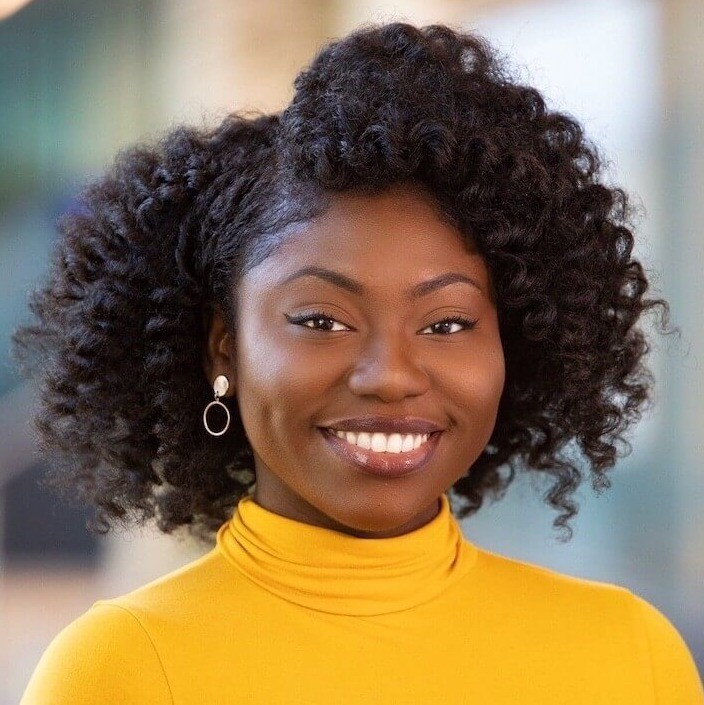What is your educational background?
I have a Bachelors in Biochemistry and a PhD in Neurobiology, both of which were obtained at Queen Mary University of London.
What is your current occupation?
I am a Senior Scientist, Antibody Engineer working in the pharmaceutical company GlaxoSmithKline. My work involves engineering risks out of antibodies to make them more developable as therapeutics.
What or who got you into STEM?
I enjoyed science from a young age largely due to the teachers I had growing up and fascinating books that introduced me to the animal kingdom and the human body.
What is the biggest challenge/barrier you have faced as an African in STEM?
As a 1st generation Black Brit, I often feel I have 2 obligations: (1) working hard to succeed in this western society and (2) supporting, ‘giving back’ and paving the way for those who may not have had the same opportunities as me in STEM. It’s hard, it’s tiring, and there’s alot of guilt when I feel I am not giving each obligation 100%.
How do you think your background/upbringing has been beneficial in your journey/career?
My parents worked really hard and sacrificed a lot so that I could be where I am today; this pushes me to be better and do better especially in my career. Additionally, as an African, growing up I was well aware that my skin colour and African last name would in some cases work against me when it came to applying for jobs or being taken seriously. From this, I have built resilience, which is important especially in STEM where rejection is inevitable.
How do you think we can start to change the narrative surrounding African contributions
to global STEM research & careers?
I think we firstly need to be honest about the fact that African contributions in STEM have – in many instances – been erased from history altogether or credited to someone else. We then need to rectify this by PUBLICALLY recognising these individuals and their contributions. To make this an effective and sustainable effort, I think it should start with schools. Introduce kids to the wonderfully diverse community that has contributed to our knowledge, paved the way for incredible inventions and improved our quality of life.
What advice would you like to give to young, aspiring Africans in STEM?
1) Pick your mentors and supervisors carefully. They can help or hinder you and your career in a big way.
2) Be loud about your contributions and accomplishments; if you don’t claim what’s yours someone else might.
3) Your online presence is increasingly important. Twitter, a blog or website are great ways to connect and build a professional/social network and increase your visibility.
Do you have any projects you’re working on that you would like us to highlight?
I started a YouTube channel where I highlight underrepresented people in STEM who have made important contributions to the world we live in but haven’t been recognised as they should. I also talk about my journey in STEM and the things I’ve learned along the way.






